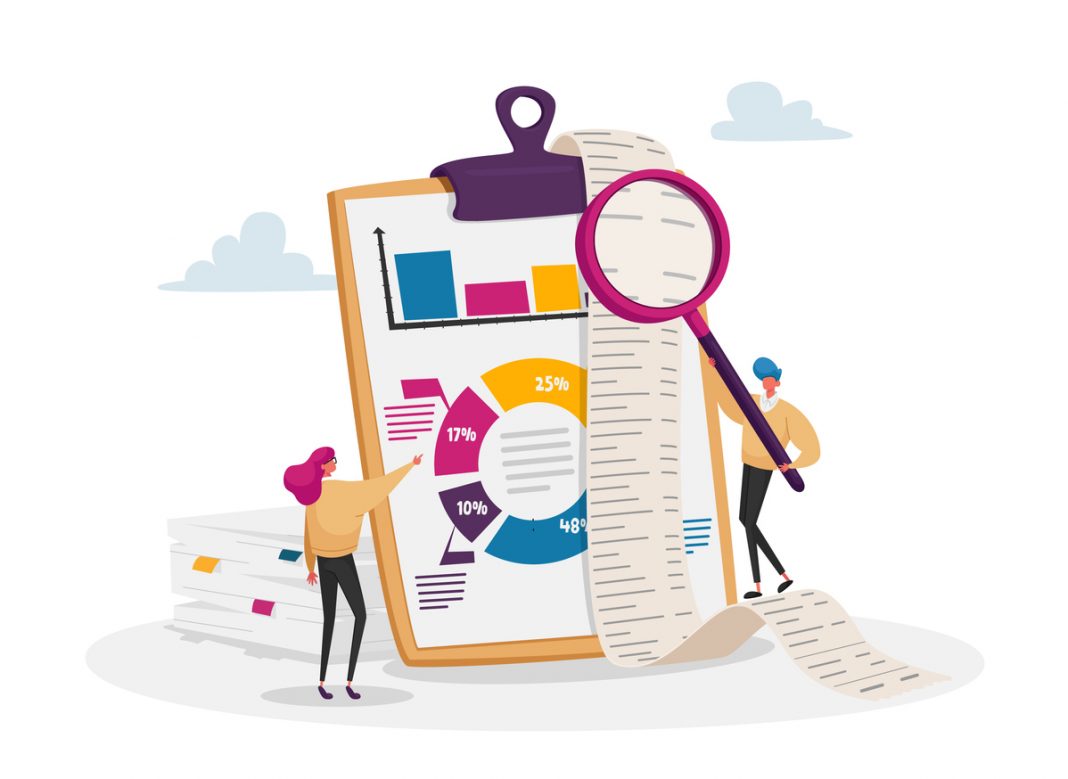
Nearly two weeks after students returned to the University of Miami after Thanksgiving break, one notable difference from this year’s holiday season remains a talking point in advance of Christmas vacation: Dinner was slightly more expensive this year.
According to a recent survey from the American Farm Bureau Federation, an agricultural lobbying group and insurance company, the price of a Thanksgiving dinner for 10 people in 2021 went up 14% from 2020 with an average of $53.31, or a little under $6 per person.
The price of a turkey went up 24% from last year, costing an average of $23.99 for a 16-pound turkey.
Alex Horenstein, an economics professor at the Miami Herbert Business School, defines inflation as “the overall increase in prices of goods and services in the economy during a given time frame.” Horenstein says that inflation rates have increased dramatically over the past year.
“The inflation rate has been around 6% in the last 12 months,” Horenstein said. This means that on average, goods and services are 6% more expensive today than they were a year ago.”
Horenstein says that the increased inflation rates are affecting the costs of apparel, gasoline, food and all expenses relating to the holiday season.
“In the last year, the price of apparel has increased by 4%, food has increased by around 5%, energy by 30% and gasoline by 50%,” Horenstein said. “In a nutshell, everything related to the holidays has been impacted by inflation.”
Justin Valladres, a sophomore majoring in political science and economics, says that while he was not personally affected by inflated prices this Thanksgiving season, he sympathizes with those who were.
“While the prices of goods were definitely more expensive, I didn’t really see a difference in what would be on my Thanksgiving plate,” Valladares said. “I know a lot of people might have had that situation, and obviously, as an economics major, it’s not nice.”
Julia Riley, a sophomore majoring in finance, says she finds the inflation rates alarming.
“It’s pretty concerning, because everything being 6% more expensive and wages not increasing by 6% is obviously a concern for all in terms of being able to afford anything really,” Riley said.
The causes of such rapid inflation, Horenstein says, range from problems in the supply chain caused by COVID-19 to an overabundance of money printing and a lack of productivity in factories.
“There are multiple elements affecting inflation,” Horenstein said. “First of all, COVID causes a tremendous shock to the supply of goods. Factories stop producing due to uncertainty about the future, then we have a lot of new money printed on the markets and less goods to buy.”
Horenstein adds that drastic changes in consumption are a common cause of inflation.
“At the same time, the dramatic shifts in consumption habits towards buying everything online has increased pressure on the supply chain, which adds to the scarcity of available goods to buy,” Horenstein said. “For example, the sudden increase in demand for home office equipment due to working from home, increased demand for automobiles due to social distancing and less willingness to use public transportation, etc., together with a decrease in supply lead to pressure in the price of those goods.”
Horenstein adds that one of the world’s largest exporters, China, still has a strict COVID response policy in place which is further straining global trade markets.
To combat breaking the bank this Thanksgiving season, Horenstein recommends paying closer attention to the price of common goods.
“Look for alternative, cheaper brands than usual. Consume less than usual. Be patient for certain goods and do not pay inflated prices in secondary markets.”






